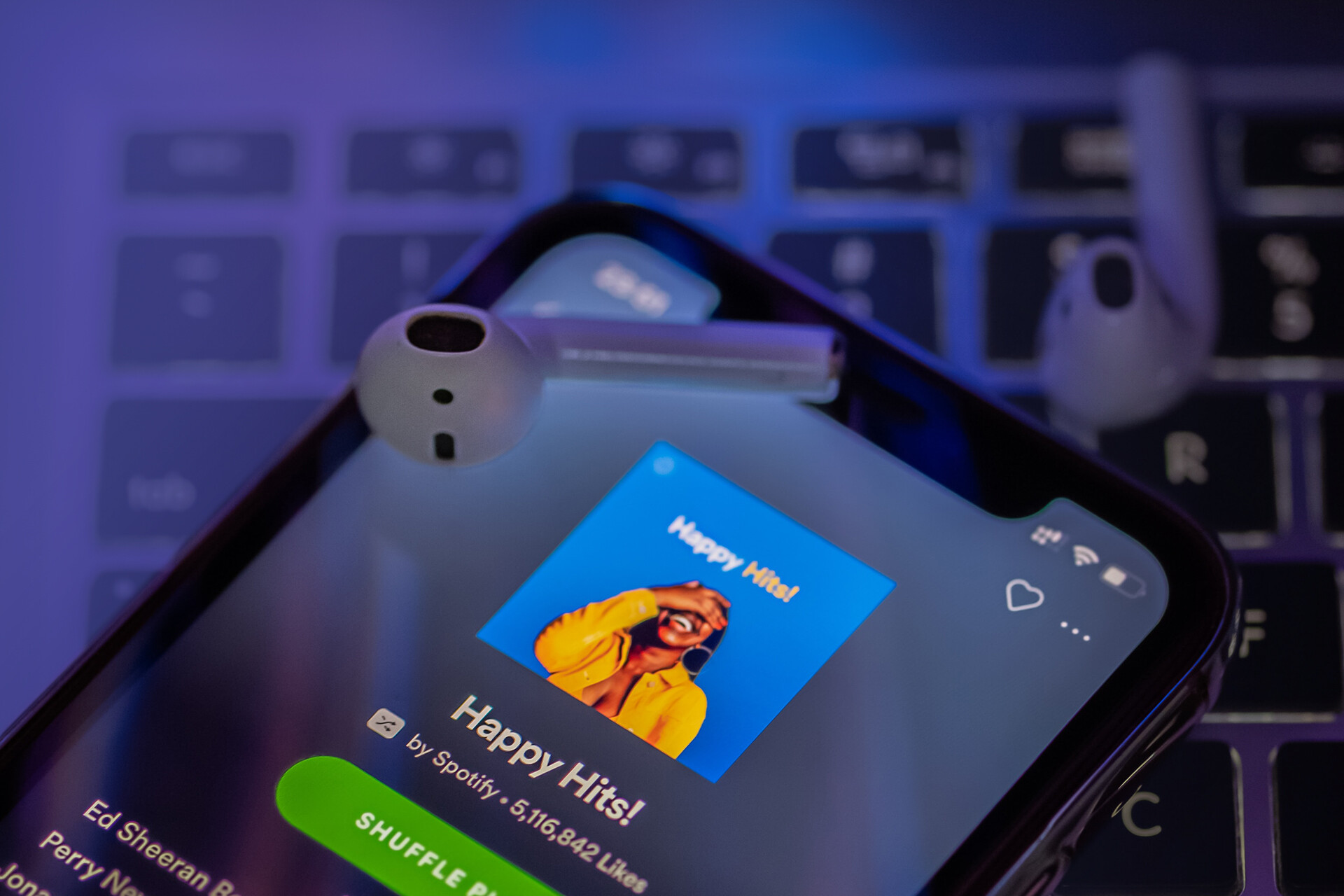Index Surge: Amplifying Your Insights
Stay updated with the latest trends and news across various industries.
Swipe, Watch, Repeat: The Addictive Allure of Entertainment Apps
Discover why entertainment apps keep you swiping and watching! Uncover the secrets behind their addictive allure and get hooked today!
How Entertainment Apps Keep Us Hooked: The Psychology Behind the Swipe
The rise of entertainment apps has transformed the way we consume content, catering to our ever-decreasing attention spans. These platforms utilize strong psychological principles to keep users engaged. For instance, the concept of variable rewards plays a significant role; users never know when they might stumble upon their next favorite show or video, creating a sense of anticipation that encourages longer screen time. Additionally, the endowment effect comes into play—once users invest time in setting up their profiles or completing series, they feel a stronger attachment to the app, making it harder to abandon. This combination of unpredictability and investment forms a powerful psychological hook, ensuring users return for more.
Moreover, social validation significantly impacts our usage of entertainment apps. The fear of missing out (FOMO) drives individuals to stay updated with trending content, often highlighted through algorithms designed to recommend popular shows and movies. Users frequently find themselves scrolling through endless feeds, driven by the illusion of choice; despite the vast array of options, recommendations often guide users toward content that the algorithm predicts they will enjoy based on their behavior. This tailored experience not only reinforces user engagement but also cultivates a strong community around these entertainment platforms, making it even more challenging to resist the next swipe.

The Rise of Streaming: Why We Can’t Stop Watching and Swiping
The rise of streaming has revolutionized the way we consume content, granting us immediate access to an infinite library of movies, shows, and music at our fingertips. No longer bound by traditional television schedules, viewers can now binge-watch their favorite series, scrolling through episodes while simultaneously engaging with friends and followers on social media. This constant accessibility has created a culture where swiping through options has become second nature, allowing us to curate our entertainment choices based on mood, preference, and recommendations from algorithms designed to keep us hooked.
This shift in viewing habits has led to an undeniable phenomenon where we find ourselves unable to disconnect. Psychological studies suggest that the dopamine rush from easy-to-access content creates a feedback loop, urging us to keep watching even after we intend to stop. With each swipe, we enter a world full of endless possibilities, each showcasing a vast array of genres and formats that cater to diverse tastes. As streaming platforms continue to evolve and produce original content, the allure of instantly available entertainment will only grow stronger, cementing its place as a dominant force in how we unwind and escape from reality.
Are Entertainment Apps Changing Our Attention Spans Forever?
The rise of entertainment apps has undeniably transformed the way we consume content, raising the question: Are entertainment apps changing our attention spans forever? With the advent of platforms like TikTok, Instagram Reels, and YouTube Shorts, users are increasingly exposed to bite-sized content designed to capture attention in mere seconds. This shift towards shorter, more engaging formats means that consumers may start to prefer rapid-fire entertainment over long-form narratives. Psychology suggests that the brain adapts to the stimuli it receives, and as viewers become habituated to fast-paced deliveries, the capacity for sustained attention may diminish.
Furthermore, the addictive nature of many entertainment apps creates a cycle of instant gratification that further stretches our attention spans. As users swipe, scroll, and click through endless streams of content, there's a tendency to engage less deeply with individual pieces of media. A recent study revealed that over 50% of users reported feeling a sense of emptiness after prolonged browsing on these platforms. This phenomenon raises important implications for our cognitive abilities and suggests that if current trends continue, our ability to focus on more complex tasks and enjoy longer forms of entertainment could be significantly impacted, potentially altering our relationship with media consumption for years to come.